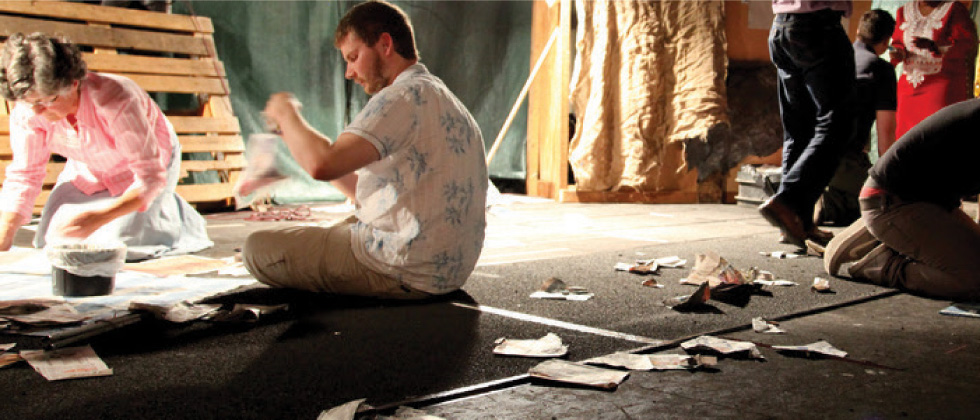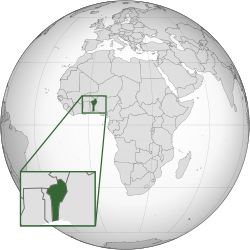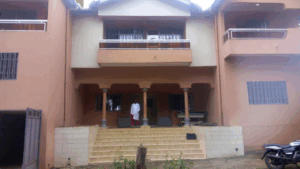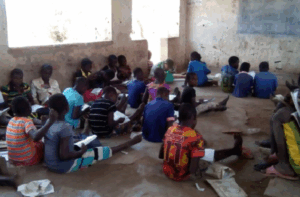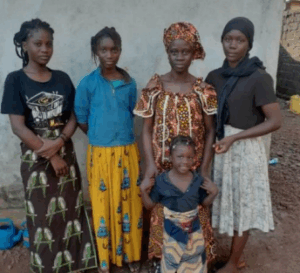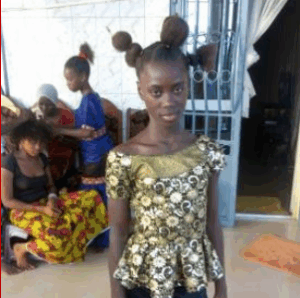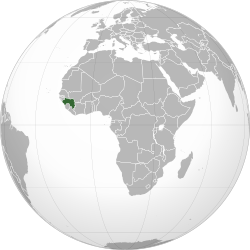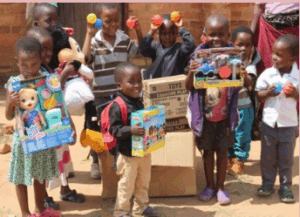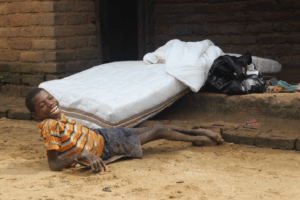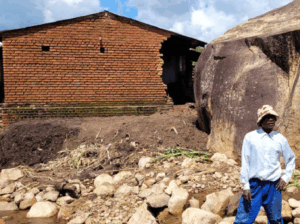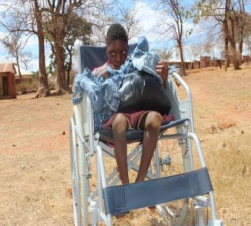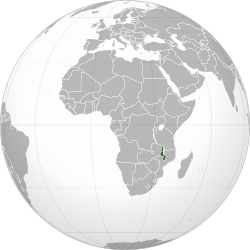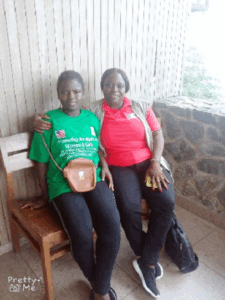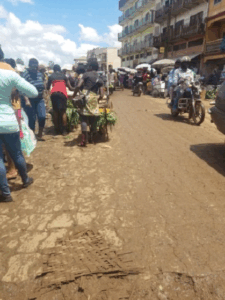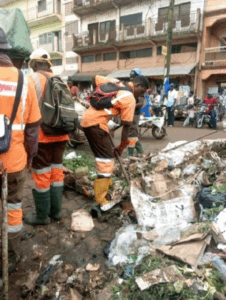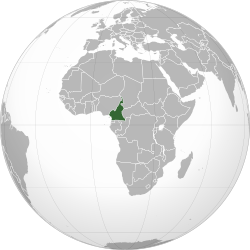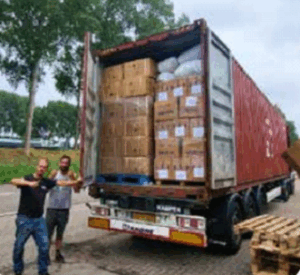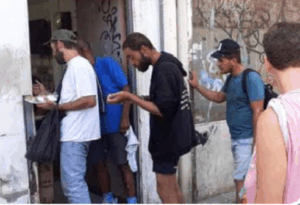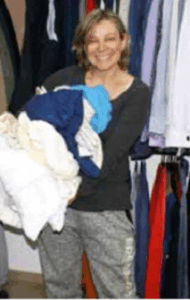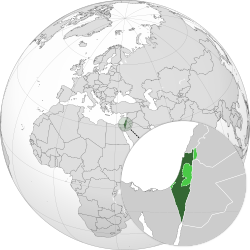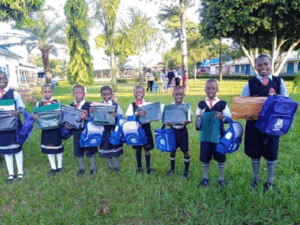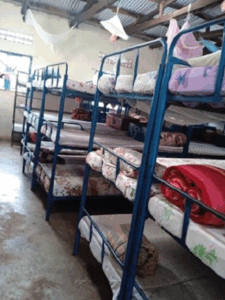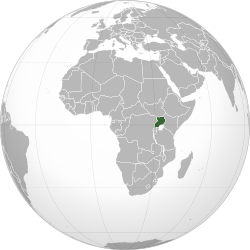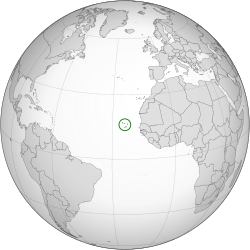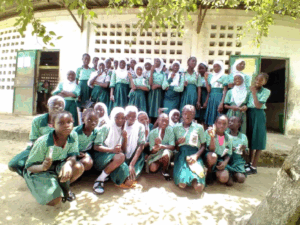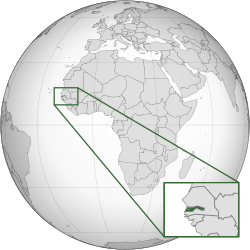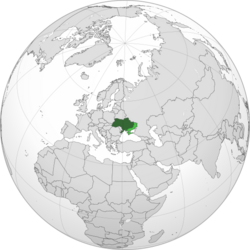Benin, West Africa, is a land rich in natural beauty, but it is sadly also one of the world’s poorest nations. More than half the adult population is illiterate, about half of children under 15 years old are already in full-time employment, and about 10% of girls will be married by the same age.
This shipment marks the third time that Crossroads has sent aid to our partners there. Over the past 25 years they have been diligently working to equip people in isolated regions with training and resources. This provides a saving from the unforgiving jaws of poverty. In turn, they can then help lift others up in the community.
Their director wrote:
“Thanks to the support of Crossroads Foundation, our NGO has experienced a real change in terms of its services and the quality of its work for the people it supports in Benin,” they wrote. “But more areas and populations are waiting to be reached and affected as well.”
This next container will contain computers and basic electrical appliances, furniture and equipment for schools, a children’s rescue centre and vocational training, as well as stationery kits, sporting goods, and basic needs such as clothing and home wares.

“I live in a very isolated community in Benin, where there has never been any computer training or even a photocopier available. The equipment we received from Crossroads has given new hope and opportunities to all the youth in this area!” – Moïse.
Since the previous two shipments to this partner, more than 12,000 people received computer skills training across 8 centres. 60 young people have even set up their own training or business centres.
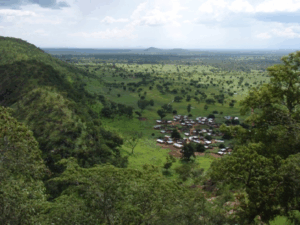
Benin’s beautiful and fertile landscape holds great potential for its people. Sadly, low literacy and poor infrastructure make it difficult to break out of poverty.
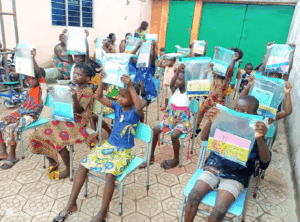
In Benin, a simple stationery kit could cost an unskilled worker a month’s wages. The impact of these kits distributed from Crossroads’ previous shipment has therefore been enormous. Our partners plan to extend their literacy outreach program for children to another 5000 children over the coming 5 years.
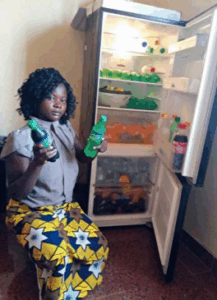
This is Ms. Bébéchou. She works with 40 other local women to produce fresh fruit juices in an effort to provide for her family.
In the hot climate, they simply had no means to store the produce past one day. Not only did this limit the sales volume, but it was sad to see their efforts wasted.
One day, a fridge was sent in a shipment, and amazingly, it was the perfect match to their need.
Suddenly new life was breathed into the business and the ladies were delighted to see their business gain momentum.

